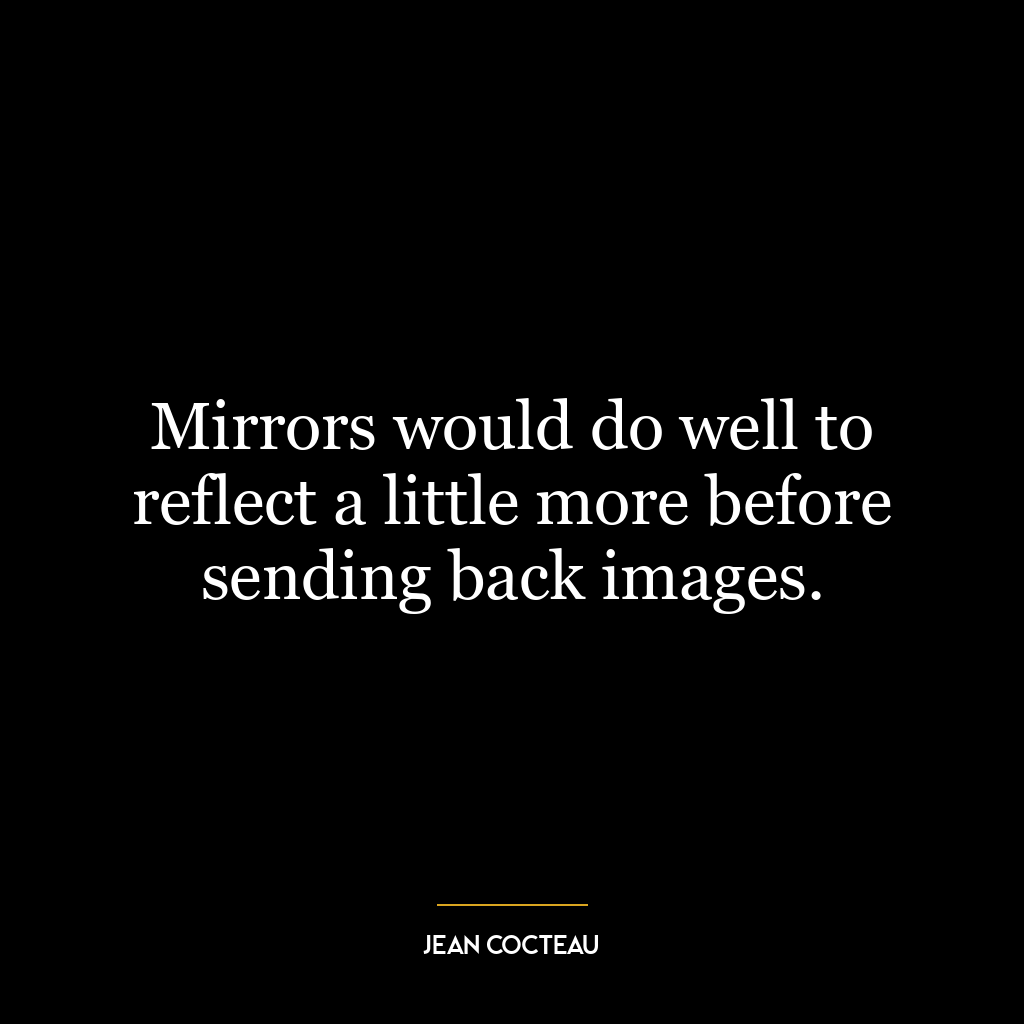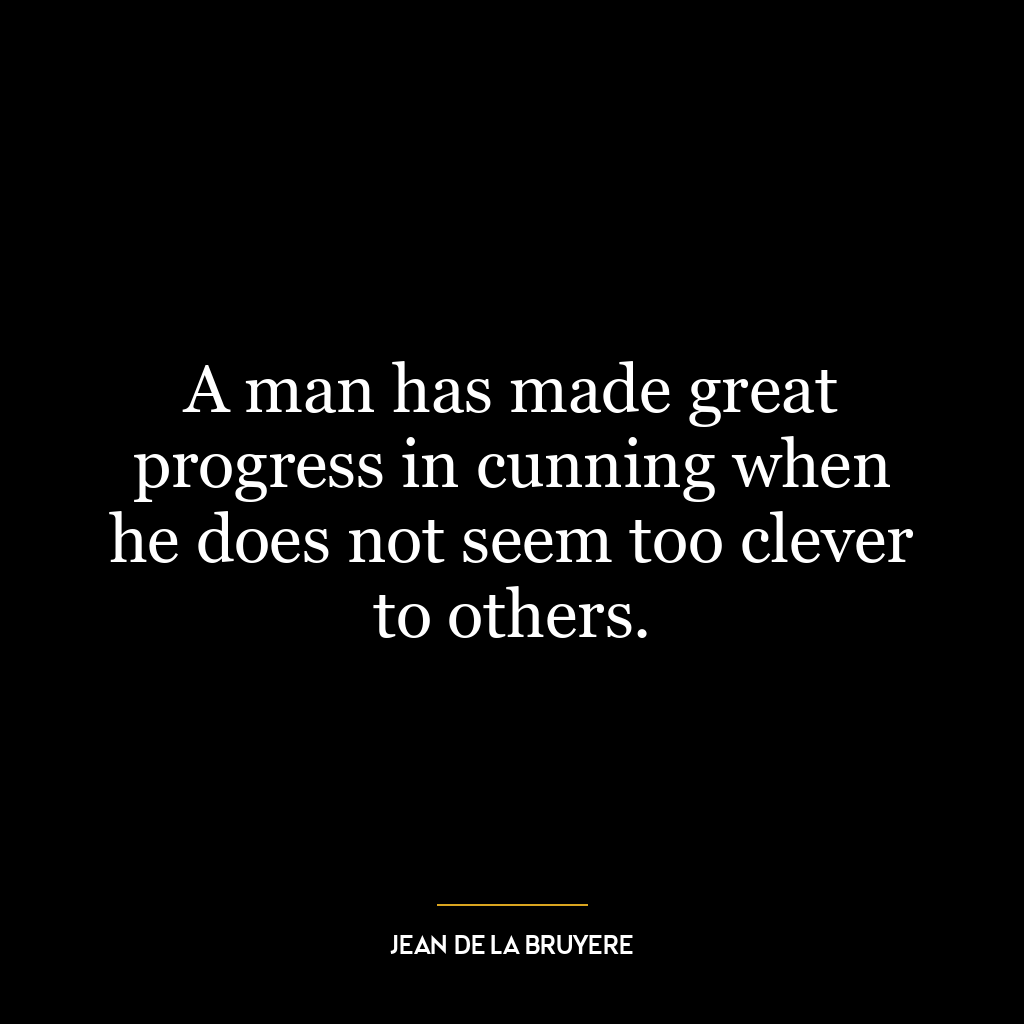The quote ”We are never deceived; we deceive ourselves” suggests that we are often our own worst enemies when it comes to discerning the truth. It implies that the deception we experience is not primarily due to external forces, but rather our own self-deception. We create our realities based on our perceptions and beliefs, and these can often be misguided or based on false premises.
This self-deception can manifest in many ways. For example, we might convince ourselves that we’re not good enough, or that we don’t deserve success. This kind of self-deception can lead to self-sabotage, where we undermine our own efforts and potential. On the other hand, we might deceive ourselves into thinking that we’re better or more deserving than we actually are, leading to arrogance or entitlement.
The quote also suggests a form of personal responsibility. If we are the ones deceiving ourselves, then we also have the power to stop doing so. We have the ability to challenge our beliefs, question our assumptions, and seek the truth. This is not always easy, as it requires introspection, self-awareness, and often, the willingness to confront uncomfortable truths about ourselves.
In today’s world, this quote is particularly relevant. In the age of social media, it’s easy to compare ourselves to others and feel inadequate, or to create a false image of ourselves for others to see. This can lead to self-deception, where we either believe these false comparisons or images, or we know they’re false but continue to uphold them anyway.
In terms of personal development, the idea of self-deception is a powerful one. Recognizing that we are often the ones holding ourselves back can be a catalyst for change. It encourages self-reflection and self-improvement, pushing us to challenge our self-deceptions and strive for authenticity and truth. It suggests that personal growth and development is not just about acquiring new skills or knowledge, but also about shedding false beliefs and perceptions about ourselves.











